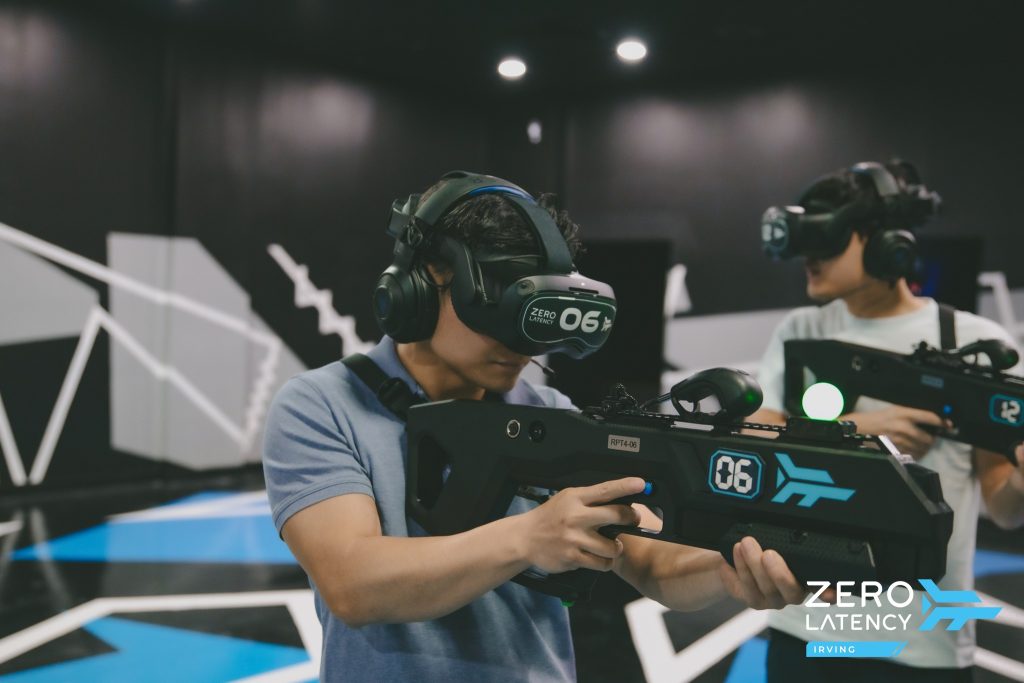Virtual Reality VR has been on the horizon for years, but it is only recently that the technology has made its mark as the next big evolution in gaming. While traditional gaming setups—consoles, PCs, and mobile devices—have dominated the industry for decades, VR offers an immersive experience that could revolutionize the way people interact with digital worlds. The leap from playing on a screen to stepping inside the game offers a depth of engagement previously unimaginable.
Immersive Experience
The most compelling feature of VR is its ability to immerse players in the game environment. Unlike traditional games where the player views the action from a fixed screen, VR places them in the middle of the action. Equipped with a VR headset, players can look around, interact with objects, and experience the game world as if they were actually inside it. This deep sense of immersion allows for more emotional and visceral connections to the game’s narrative and environment, making each experience unique and personal. For instance, in VR horror games, the sense of dread is heightened because the player feels physically present in the eerie atmosphere. In contrast to simply watching a scary scene unfold, VR makes it feel as though you are living through it, adding a new layer of intensity to the gameplay. Similarly, exploration-based games like No Man’s Sky in VR allow players to traverse alien landscapes, fully engaging their senses, providing a more profound connection to the virtual world.
Enhanced Social Interaction
Beyond solo experiences, VR is also changing the way gamers interact socially. VR multiplayer platforms enable players to meet, interact, and collaborate in shared virtual spaces. Instead of communicating through a screen or headset, players can see each other’s avatars, use body language, and interact with the environment together. This opens up endless possibilities for social gaming and even collaborative play. Titles like VRChat and Rec Room have already established active social communities where players not only engage in games but also in conversations, events, and creative collaboration. This blurring of the lines between social media and gaming within VR worlds points to a future where the social aspects of gaming become even more immersive and natural.
Game Development Possibilities
The unique potential of VR does not end with how games are played but also extends into how games are created. VR enables developers to design more interactive and physically engaging environments. Mechanics like realistic hand-tracking or room-scale movement allow for a gaming experience that can evolve far beyond button presses and joystick tilts. Developers are only scratching the surface of what’s possible, and as VR technology continues to improve, it will open doors to genres and experiences that we cannot yet imagine. VR represents more than just a new Zero Latency VR gaming platform—it offers a completely redefined experience. The potential for increased immersion, enhanced social interaction, and innovative game development make VR the next big step in gaming technology. As the technology continues to improve and become more accessible, it is poised to reshape the gaming landscape in ways that will level up the entire industry.
